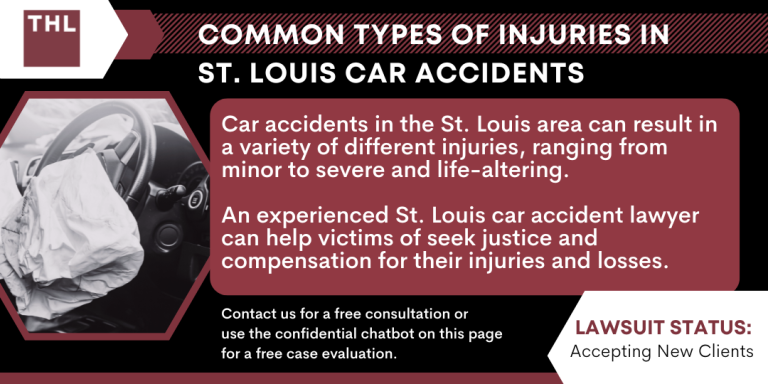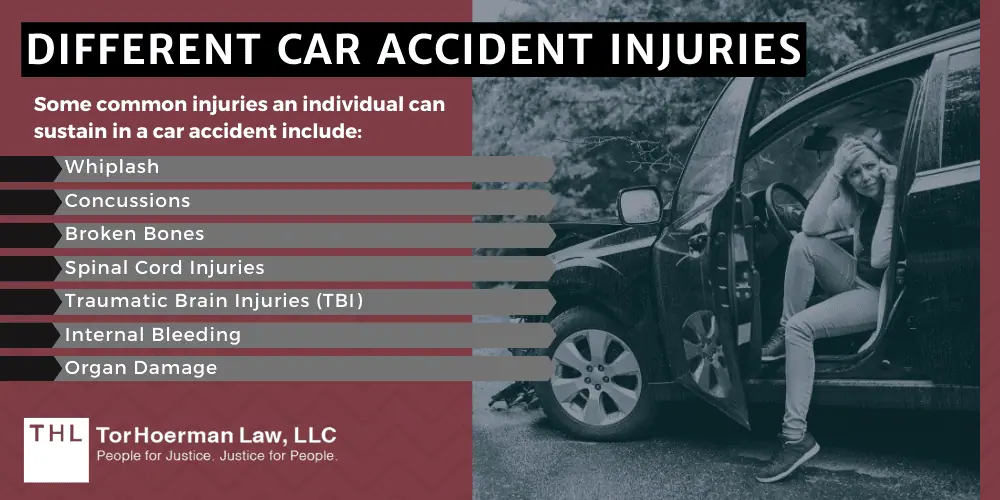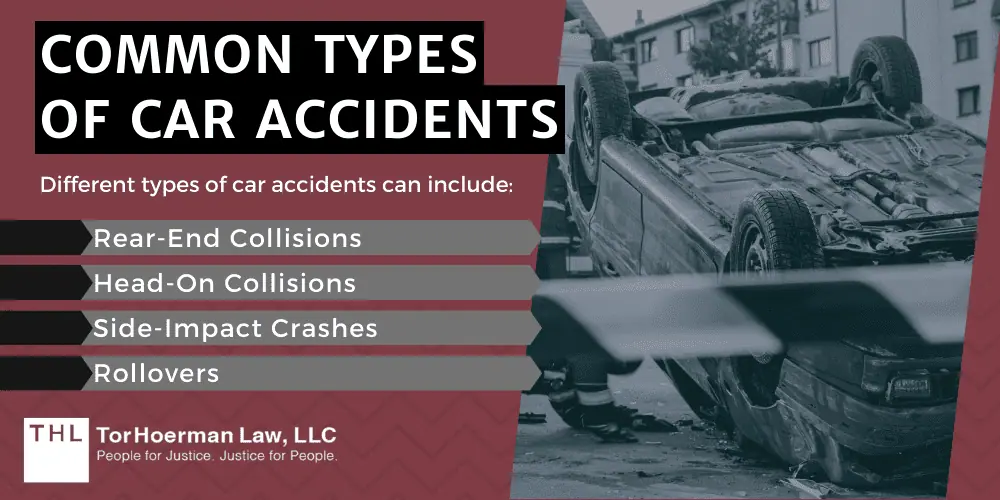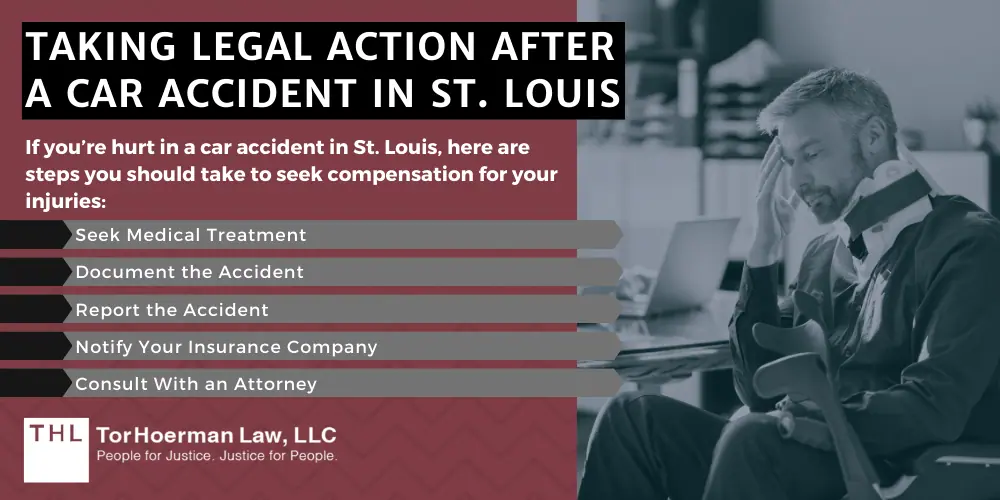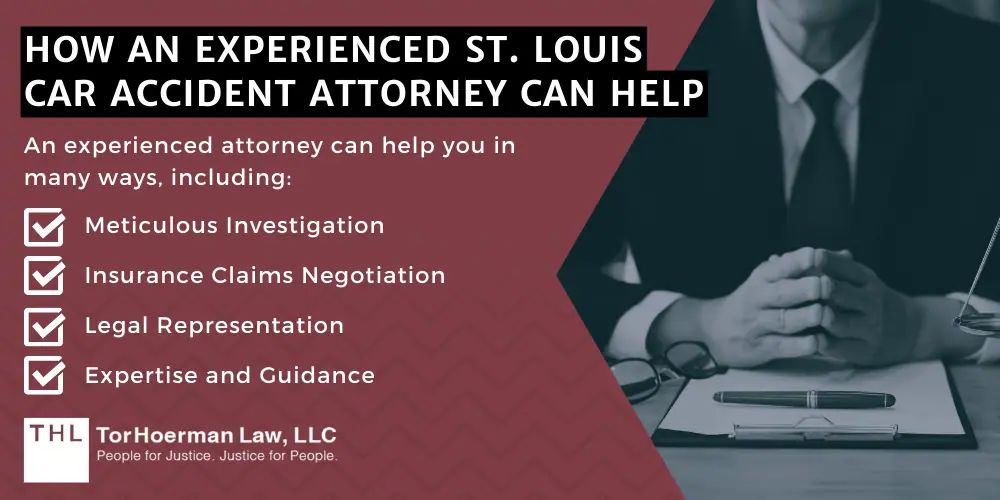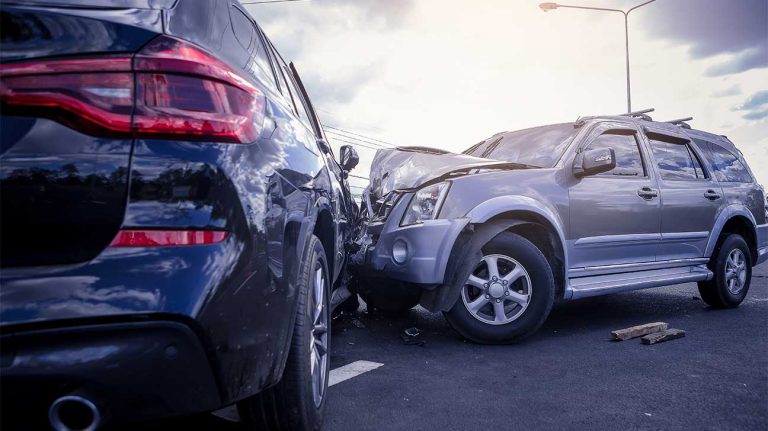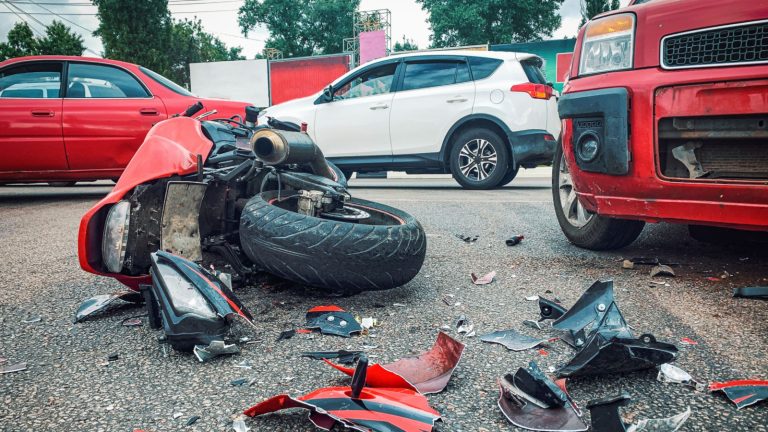Accident injuries are often classified according to severity, area of the body affected, or both.
The injuries can fit into one or more classifications.
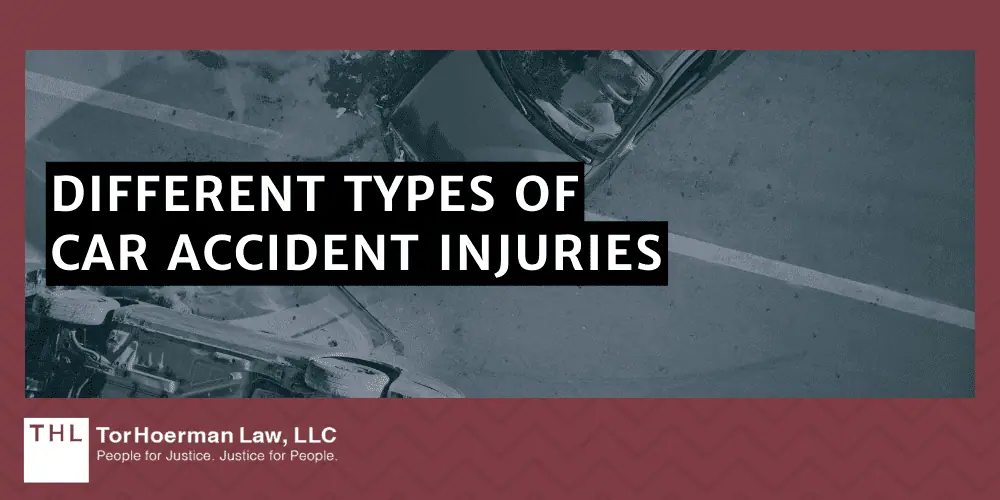
These classifications include severity and area of body affected.
By Severity
Car accident injuries vary widely in severity, ranging from minor scrapes and bruises to severe, life-altering conditions such as traumatic brain injuries or spinal cord damage.
The severity classification helps in determining the necessary medical response and rehabilitation process, influencing both immediate care and long-term recovery plans.
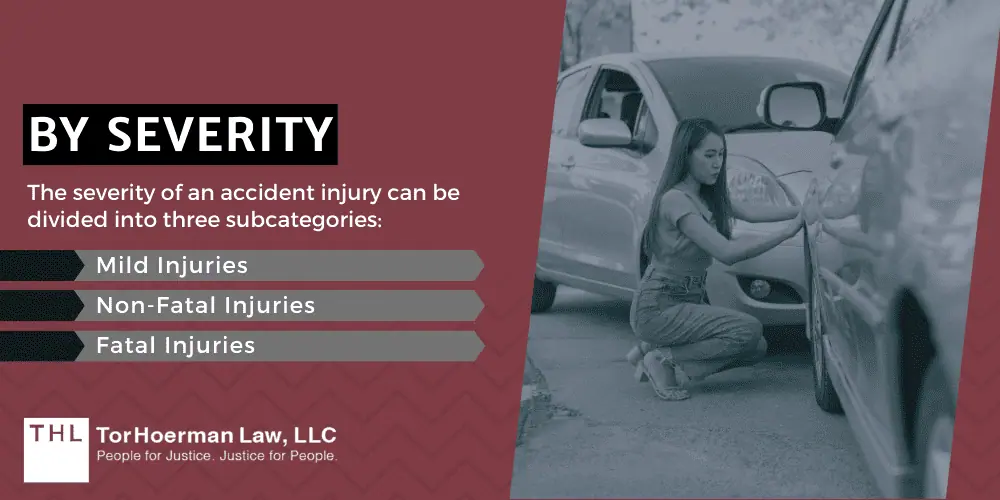
The severity of an accident injury can be divided into three subcategories:
- Mild Injuries: Mild injuries typically don’t require extensive medical intervention and often heal with time. Whiplash, bruises, and contusions are great examples of this category. These injuries are often sustained in rear-ending accidents.
- Non-Fatal Injuries: These injuries are more severe than mild injuries but do not result in death. Some good examples of non-fatal injuries are fractures and concussions. Head-on and rear-end collisions are the usual causes of these injuries.
- Fatal Injuries: This classification of injuries is the most severe and often leads to death. Internal organ damage and traumatic brain injury are the best examples of fatal car accident injuries. Head-on, high-speed side-impact, and rollover crashes are the major causes of these injuries.
By Area of Body Affected
Car accidents can also be classified according to the affected body part or organ system.
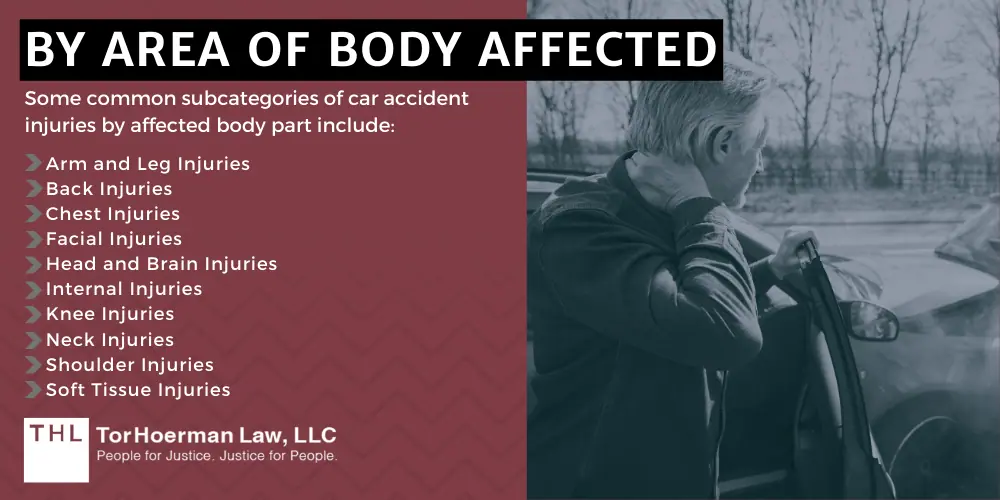
Some common subcategories of car accident injuries by affected body part include:
- Arm and Leg Injuries: One of the most common injuries in car accidents is broken bones, specifically those in the arms and legs. Common causes of these injuries include impact against the window or doors during a collision.
- Back Injuries: The impact of a car accident can cause lower back injuries, which may lead to lifelong chronic pain. Severe back injuries can also cause temporary or permanent paralysis.
- Chest Injuries: The chest area is vulnerable to injuries in front-end collisions, especially when the driver or passenger’s body comes into contact with the dashboard.
- Facial Injuries: Broken nose, jaw, or cheekbones are a common result of car accidents. The airbag’s force can also cause eye injuries and cuts on the face.
- Head and Brain Injuries: Head injuries can cause concussions, brain damage, and even death. Wearing a seatbelt and helmet can significantly reduce the risk of these injuries.
- Internal Injuries: Internal bleeding, organ damage, and other internal injuries are not always visible but can be life-threatening if left untreated. Penetrating injuries from broken glass or projectiles can also cause severe internal damage.
- Knee Injuries: Knees are often injured in car accidents, especially when the impact on the dashboard is significant.
- Neck Injuries: Whiplash is a common neck injury resulting from rear-end collisions. It causes damage to soft tissues and can lead to long-term pain and discomfort.
- Shoulder Injuries: Shoulder injuries are often caused by the seatbelt’s force or from bracing during a collision.
- Soft Tissue Injuries: Sprain, strain, and bruising are common soft tissue injuries that can result from car accidents.


